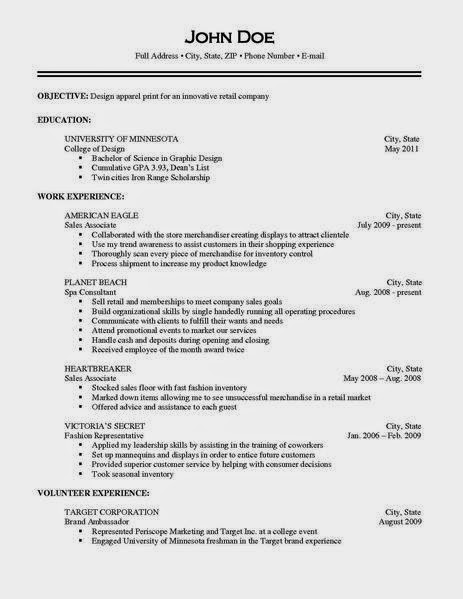Respectful, Educational and Engaging
Photo by Oregon Department of Transportation found on commons.wikimedia.org
When tracking relative it will eventually lead you to the to graveyard. Most genealogist want to get their dates from the source that is etched in stone. Death certificates are great but they are not etched in stone. Although there can be discrepancies with grave markers too, they are nice to have in your collection of evidence of a person.
One of my earliest genealogy memories is going cemetery hunting with my grandparents. I don’t remember who we saw but I remember reading the stones and posing for pictures with distance relatives.
Morbid for some, memories for me.
Some of you may think that you may never get to that point because of kids.
You: “Cemetery hopping would be great but I can’t I’ve got small kids.”
Me: “Totally understandable but why not take them along.”
You: “You don’t know my kids”
Taking kids cemetery can be a family affair if it’s done correctly by making it a fun event that engages and educates. The following tips can be helpful for a successful trip to the grave yard
Make it an event and plan it out
- Plan this out in advance with a plan that involves everyone. This is not something we are going to fit in before the grocery store on our list of errands.
- Map out where you are going. Try to not make it too far away or incorporate some other event with it (local restaurant maybe)
- Who is going to be there. Explain who is buried there and how the children are related to them. Do you have a story about the person to make it personal. It’s funny when a child can relate to the stone of the person “It this the woman that made ugly sweaters?” “Is this the uncle that never wore shoes?” The funnier the story the better. “Is this the great uncle that was buried in daddy’s suit because PopPop pulled the wrong one out of the closet to give the funeral home?”
When you arrive
- Enlist the kids to help find the marker. “We are looking for Smith not Jones because it is moms side of the family?”
- Take your data with you. It is not unusual to find someone not in your direct line but related in the area. If you have your data with you. “Lets see who that is, that is Great Great Uncle Tom, he died before he got married.”
- Be respectful. Make sure the kids understand respect for the dead, you are there to learn about relatives not play. Grave markers are not jungle gyms. This is especially true if there is a funeral going on.
- Explore a little, are all the relatives in one section or are they spread out? If there are any particular markers or statues that are unique you might want to get a closer look at them.
- Plan not to take too much time mourning. If your parents or a close relative is buried there it might be nice to bring some flowers but don’t expect too much alone time with kids around.
- Do an activity besides flowers, rubbing are good to have. Take a pencil and and sheet of computer paper, place the paper on the stone and rub the letters onto the paper. Bring plenty of paper and pencils as this takes practice
- Get some pictures. Some kids might not like the idea but many will pose right up to the stone and get in a picture.
- Don’t forget why you are there. You get so caught up that you forget you are there to verify dates with the info you already have. Take picture(with your smartphone) of the stones and reference where in the cemetery they are.
Lastly don’t over do it. Doing this activity with kids is not something to be done too often. Doing this more than a couple time a year is plenty or it will lose the fun of it.
On a side note in some traditions it is acceptable to have picnics at the cemetery. This is too Adam’s family for my taste but if you want to take a blanket and basket and have lunch with the dead be my guest.











.jpg)

